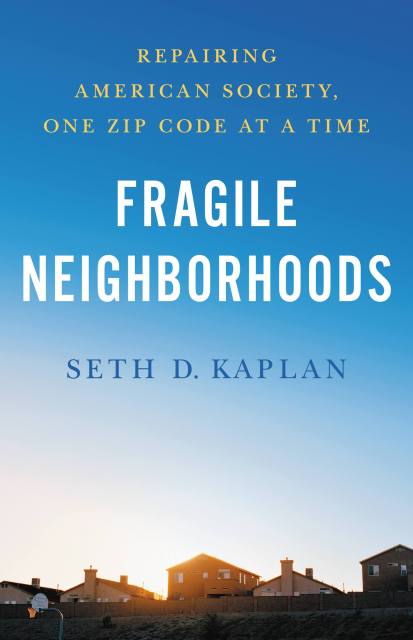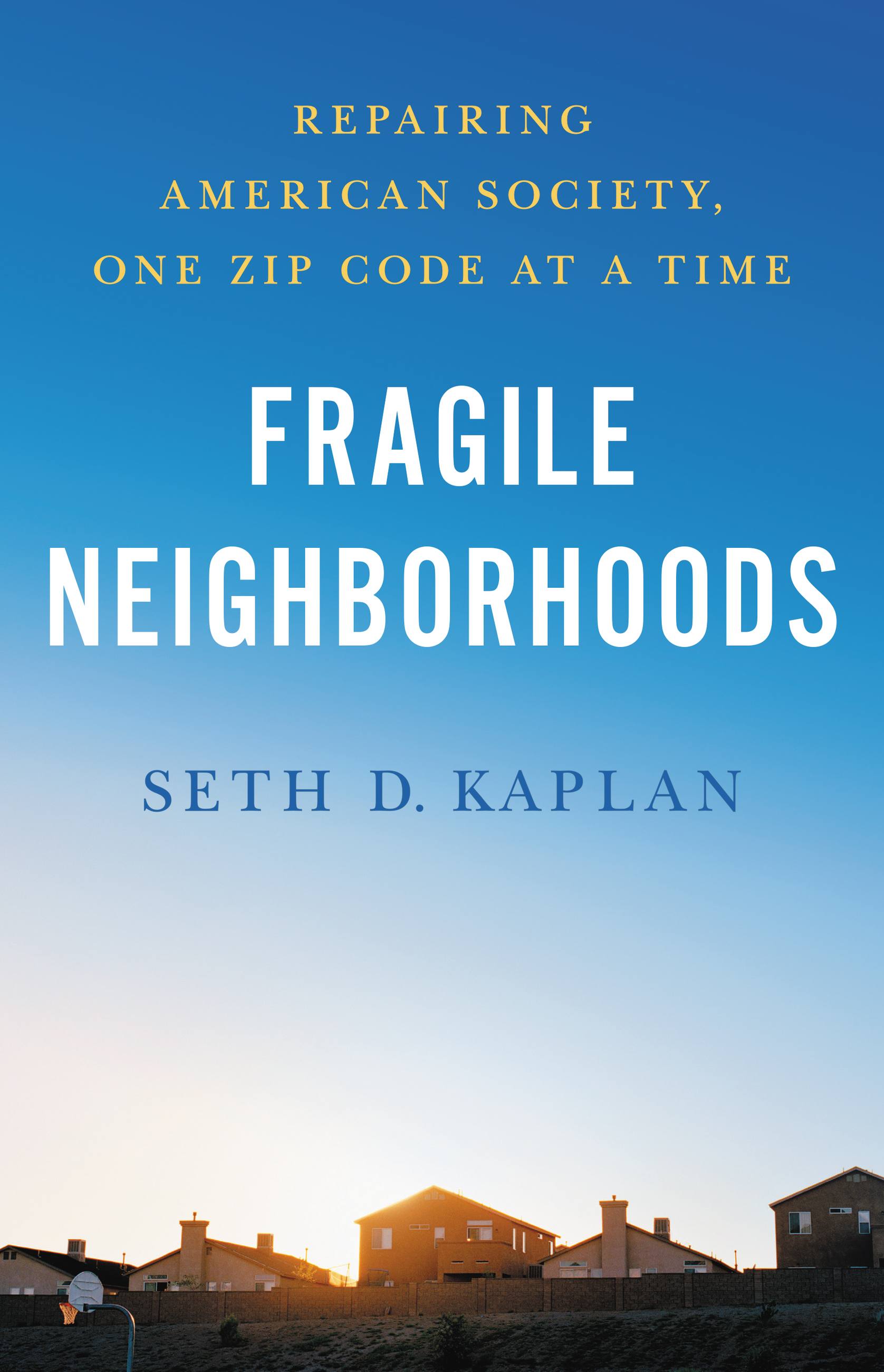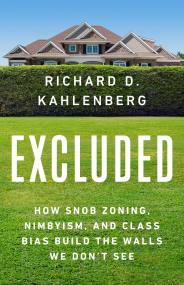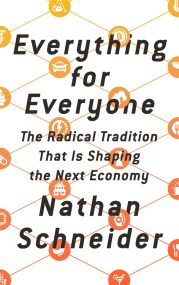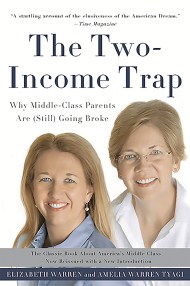Promotion
Use code BESTBOOKS24 for 25% off sitewide + free shipping over $35
Fragile Neighborhoods
Repairing American Society, One Zip Code at a Time
Contributors
Formats and Prices
Price
$30.00Price
$38.00 CADFormat
Format:
- Hardcover $30.00 $38.00 CAD
- ebook $14.99 $19.99 CAD
- Audiobook Download (Unabridged) $24.99
This item is a preorder. Your payment method will be charged immediately, and the product is expected to ship on or around October 17, 2023. This date is subject to change due to shipping delays beyond our control.
Also available from:
The neighborhoods we live in impact our lives in so many ways: they determine who we know, what resources and opportunities we have access to, the quality of schools our kids go to, our sense of security and belonging, and even how long we live.
Yet too many of us live in neighborhoods plagued by rising crime, school violence, family disintegration, addiction, alienation, and despair. Even the wealthiest neighborhoods are not immune; while poverty exacerbates these challenges, they exist in zip codes rich and poor, rural and urban, and everything in between.
In Fragile Neighborhoods, fragile states expert Seth D. Kaplan offers a bold new vision for addressing social decline in America, one zip code at a time. By revitalizing our local institutions—and the social ties that knit them together—we can all turn our neighborhoods into places where people and families can thrive.
Readers will meet the innovative individuals and organizations pioneering new approaches to everything from youth mentoring to affordable housing: people like Dreama, a former lawyer whose organization works with local leaders and educators in rural Appalachia to equip young people with the social support they need to succeed in school; and Chris, whose Detroit-based non-profit turns vacant school buildings into community resource hubs.
Along the way, Kaplan offers a set of practical lessons to inspire similar work, reminding us that when change is hyperlocal, everyone has the opportunity to contribute.
-
“In an era of remote work when it seems like place is becoming less relevant, Seth Kaplan shows us that where we live really does matter: It shapes our lives, our careers, our opportunities, our beliefs, our friendships, our opportunities and those of our children. But communities in America are under threat. An expert in ‘fragile states,’ Kaplan exposes the increasing fragility of the neighborhoods where Americans live. His book is an essential and engaging read for everyone who wants to better understand the challenges facing our cities, towns and our nation writ large.”Richard Florida, bestselling author of The Rise of the Creative Class
-
“Why is the U.S. experiencing a mental health crisis of unprecedented proportions? Seth Kaplan's superb new book has the diagnosis: A breakdown of community. As Gen X'ers and Boomers who grew up before the days of social media remember, our earliest, most meaningful relationships used to be rooted in our neighborhoods. Kaplan reminds us that these relationships are the social glue that holds our families and communities together.”Jean M. Twenge, Ph.D., author of Generations and iGen
-
“A necessary and realistic vision for reversing the social forces that disadvantage our nation’s children. Full of inspiring stories, Fragile Neighborhoods reveals how the relationships within and between schools, families, and communities empower students to succeed. It should be required reading for anyone who believes that we all have a role to play in creating learning environments that extend beyond the four walls of the classroom.”Geoffrey Canada, President, Harlem Children’s Zone
-
“Americans are fortunate that Seth Kaplan, one of the world's leading experts on preventing conflict in fragile states, is now applying his unique skillset to the many neighborhoods in the U.S. that are fragile despite decades of federal spending. He reminds us that physical communities shape individuals as much as individuals shape them, and require tending.”Yuval Levin, founding editor of National Affairs and author of A Time to Build
-
“Discussions about public policy in America too often paint a portrait of individuals and families isolated from each other, moving through their own independent worlds. Seth Kaplan provides a different view, presenting a vision for how the networks and institutions that form the foundation of our neighborhoods can link us together. Anyone who cares about the decline of community life in America must read this.”Patrick Sharkey, William S Tod Professor of Sociology and Public Affairs at the Princeton School of Public and International Affairs
-
“This book's focus on real-life community developers who provide practical solutions to seemingly intractable problems is refreshing. It brings out the best templates for how to repair the social and economic fabric of American neighborhoods.”Majora Carter, author of Reclaiming Your Community
-
“Seth Kaplan reminds us that it is not enough for cities to merely have strong economics. A successful community requires strong social institutions: people working together, humbly, to build prosperity from the bottom-up. Fragile Neighborhoods gives a path for even the most struggling community to experience prosperity and a higher quality of living.”Charles L. Marohn, Jr., Founder and President of Strong Towns
-
“Fragile Neighborhoods reveals an often overlooked truth: that even seemingly small efforts to improve the physical conditions of a neighborhood can have a major impact on the quality of life for everyone in it—from reducing crime, to attracting more social and economic investment, to restoring pride in place. Kaplan’s inspiring book calls for us all to get involved in such efforts in our own communities for it is our work to do.”Shirley Franklin, 58th Mayor of Atlanta, Georgia
-
“Why are Americans so socially poor despite being so materially rich? Drawing on a lifetime of research and experience, Seth Kaplan diagnoses America's anomie with bracing precision and draws on real-world case studies to show how to build stronger, richer communities—especially for the least advantaged. I can’t remember when I learned so much that’s so encouraging and practical from one short book.”Jonathan Rauch, senior fellow, Brookings Institution
-
“As a growing number of U.S. communities grapple with the symptoms of social decay, Seth Kaplan offers thoughtful insights and portraits of ‘horizontal’ disruption—prudential and community-oriented solutions that build strong neighborhoods, and foster lasting health. Fragile Neighborhoods reminds readers to take pride in the neighborhoods we call home, and to do our part in making them better places to live and put down roots.”Grace Olmstead, author of Uprooted
-
"A sharp exploration of neighborhood-based, scalable responses to social ills…. [Kaplan’s] central thesis is important and worthy of further discussion and study."Kirkus Reviews
-
“Seth D. Kaplan delivers a desperately needed warning in his new book Fragile Neighborhoods.”Christian McNamara, Front Porch Republic
-
“Every policymaker on the Left and the Right should read the new book Fragile Neighborhoods by Seth Kaplan.”Timothy P. Carney, Washington Examiner
-
“[Fragile Neighborhoods] is extremely valuable as a call to action—and as a guide to those looking to maximize the effectiveness of their own nonprofit organizations, donations, or volunteer efforts.”Robert VerBruggen, City Journal
-
“Besides being a compelling book, Fragile Neighborhoods is a practical one.”Caleb Whitmer, Religion & Liberty Online, Action Institute
- On Sale
- Oct 17, 2023
- Page Count
- 272 pages
- Publisher
- Little Brown Spark
- ISBN-13
- 9780316521390
Newsletter Signup
By clicking ‘Sign Up,’ I acknowledge that I have read and agree to Hachette Book Group’s Privacy Policy and Terms of Use





